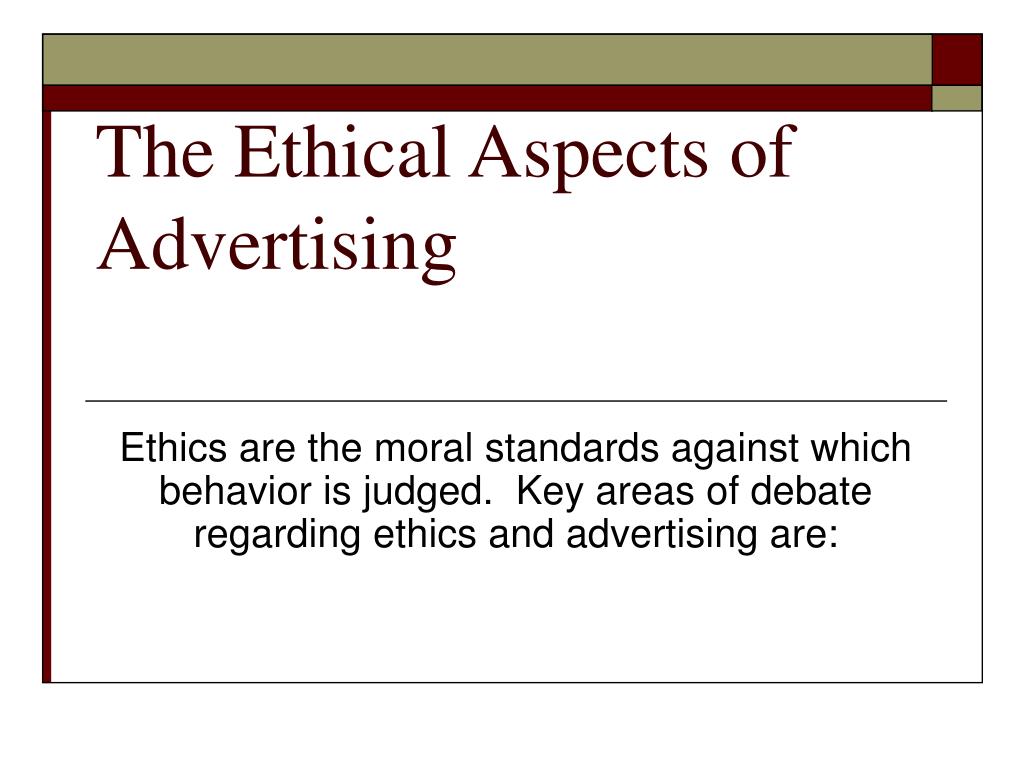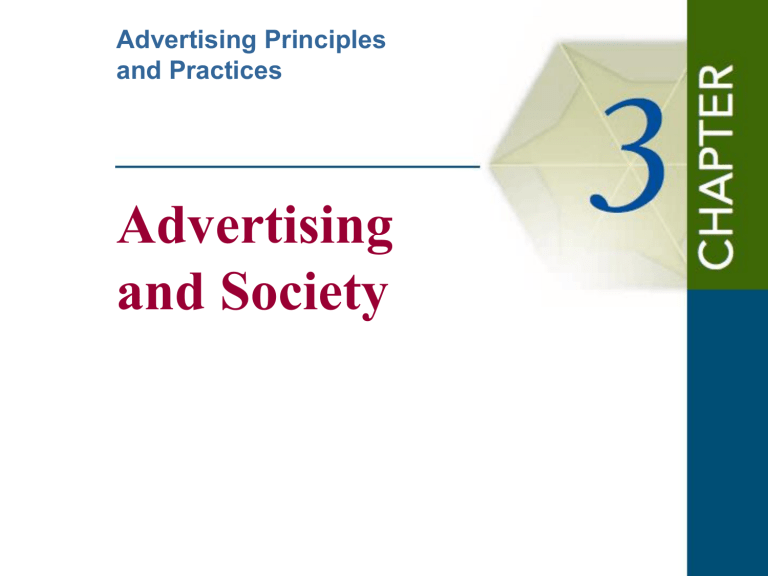Every day, we are bombarded with advertisements. They are everywhere we look – on billboards, on our screens, in our social media feeds. But have you ever stopped to think about the ethics and regulations behind these advertisements? How do we know if the information we are being presented with is truthful and fair? How can we protect consumers from misleading or manipulative advertising tactics? In this blog post, we will dive into the world of advertising ethics and regulations.
When it comes to advertising, there are several pain points that need to be addressed. One of the main concerns is the use of false or misleading claims. Advertisers have a responsibility to provide accurate information to consumers, and when they fail to do so, it can lead to harmful consequences. Another pain point is the use of manipulative techniques to persuade consumers to make a purchase. This can include tactics such as fear mongering or exploiting vulnerable populations. Lastly, there is the issue of privacy and how advertisers collect and use consumer data. With the rise of digital advertising, there are growing concerns about the invasion of privacy and the potential misuse of personal information.
The target of advertising ethics and regulations is to ensure that advertisers are held accountable for their actions and to protect consumers from deceptive or harmful practices. These regulations are put in place by government agencies, industry organizations, and advertising self-regulatory bodies. They outline guidelines and standards that advertisers must adhere to, covering areas such as truthfulness, fairness, transparency, and privacy. By enforcing these regulations, it helps create a level playing field in the advertising industry and promotes trust between advertisers and consumers.
In conclusion, advertising ethics and regulations play a crucial role in shaping the advertising landscape. They aim to address the pain points related to deceptive claims, manipulative techniques, and privacy concerns. By enforcing these regulations, we can create a more trustworthy advertising environment and protect consumers from harm. It is important for advertisers, consumers, and regulatory bodies to work together to ensure that advertising practices are ethical, truthful, and respectful of consumer rights.
Advertising Ethics and Regulations: Protecting Consumers and Promoting Trust
When it comes to advertising ethics and regulations, the target is to protect consumers from deceptive practices and promote trust in the advertising industry. In order to achieve this, it is essential for advertisers to adhere to certain guidelines and standards.
One personal experience that I had with advertising ethics was when I came across an advertisement that claimed their product could cure a common health condition. Intrigued, I decided to do some research on the product. However, after digging deeper, I discovered that the claims made in the advertisement were not supported by any scientific evidence. This experience highlighted the importance of ethical advertising practices and the need for regulations to ensure that consumers are not misled by false claims.
In the world of advertising, transparency is key. Advertisers should clearly disclose any potential conflicts of interest or biases that may influence their messaging. This includes clearly labeling sponsored content and disclosing any financial relationships between advertisers and influencers. By being transparent, advertisers can build trust with consumers and ensure that they make informed decisions.
Another important aspect of advertising ethics and regulations is the protection of consumer privacy. With the increasing use of data-driven advertising, there are concerns about how personal information is collected and used. Advertisers should obtain consent from consumers before collecting their data and should clearly communicate how the data will be used. Additionally, they should provide consumers with the option to opt out of targeted advertising if they prefer not to have their data tracked.
Overall, advertising ethics and regulations are crucial in maintaining a fair and trustworthy advertising industry. By adhering to these standards, advertisers can protect consumers from deceptive practices, build trust with their audience, and ensure that advertising remains an informative and beneficial tool.
Responsible Advertising: Ensuring Truthfulness and Fairness
One of the key aspects of advertising ethics and regulations is the requirement for truthfulness and fairness in advertising. Advertisers are expected to provide accurate information and not make false or misleading claims.
When crafting advertisements, advertisers should ensure that the claims they make can be substantiated with evidence. This means that any statements about the product or service should be supported by scientific research, testimonials, or other reliable sources. By being transparent and providing evidence to back up their claims, advertisers can establish credibility and build trust with consumers.
Fairness is another important principle in advertising ethics. Advertisers should avoid tactics that unfairly target vulnerable populations or exploit consumer fears. This includes steering clear of discriminatory messaging or tactics that manipulate consumer emotions for the sole purpose of making a sale. By promoting fairness in advertising, we can create a more inclusive and respectful advertising environment.
The Role of Self-Regulation in Advertising Ethics
Self-regulation plays a significant role in advertising ethics. Industry organizations and self-regulatory bodies set guidelines and standards that advertisers must comply with. These organizations often have the power to investigate complaints made by consumers and take appropriate actions if an advertiser is found to have violated ethical standards.
For example, the Advertising Standards Authority (ASA) in the United Kingdom is responsible for regulating advertising across different media channels. They have the authority to investigate complaints, ban advertisements that are deemed misleading or offensive, and require advertisers to modify or withdraw their advertisements. The ASA’s role in self-regulation helps ensure that advertisers are held accountable for their actions and that consumers are protected from unethical practices.
Conclusion of Advertising Ethics and Regulations
Advertising ethics and regulations are essential in maintaining a fair and trustworthy advertising industry. They aim to protect consumers from deceptive practices, promote fairness and transparency, and uphold consumer privacy rights. By adhering to ethical standards, advertisers can build trust with their target audience and ensure that advertising remains a valuable and informative tool. It is crucial for advertisers, consumers, and regulatory bodies to work together to create an advertising landscape that is ethical, respectful, and beneficial for all parties involved.
If you are searching about Ethics in Advertising | Insight Creative, Inc. | Advertising ethics you’ve came to the right place. We have 5 Pics about Ethics in Advertising | Insight Creative, Inc. | Advertising ethics like Ethics in Advertising | Insight Creative, Inc. | Advertising ethics, Advertising Ethics – Free of Charge Creative Commons Highway Sign image and also Advertising Ethics – Free of Charge Creative Commons Clipboard image. Read more:
Ethics In Advertising | Insight Creative, Inc. | Advertising Ethics

www.pinterest.com
advertising ethics ads insightcreative business
PPT – Social, Ethical And Regulatory Issues In Advertising PowerPoint

www.slideserve.com
advertising ethical aspects regulatory issues social ppt powerpoint presentation
Advertising Ethics – Free Of Charge Creative Commons Highway Sign Image

www.picpedia.org
highway
Advertising Ethics – Free Of Charge Creative Commons Clipboard Image

picpedia.org
agency clipboard youngson sa
Advertising Ethics

studylib.net
Advertising ethics. Advertising ethical aspects regulatory issues social ppt powerpoint presentation. Advertising ethics ads insightcreative business

